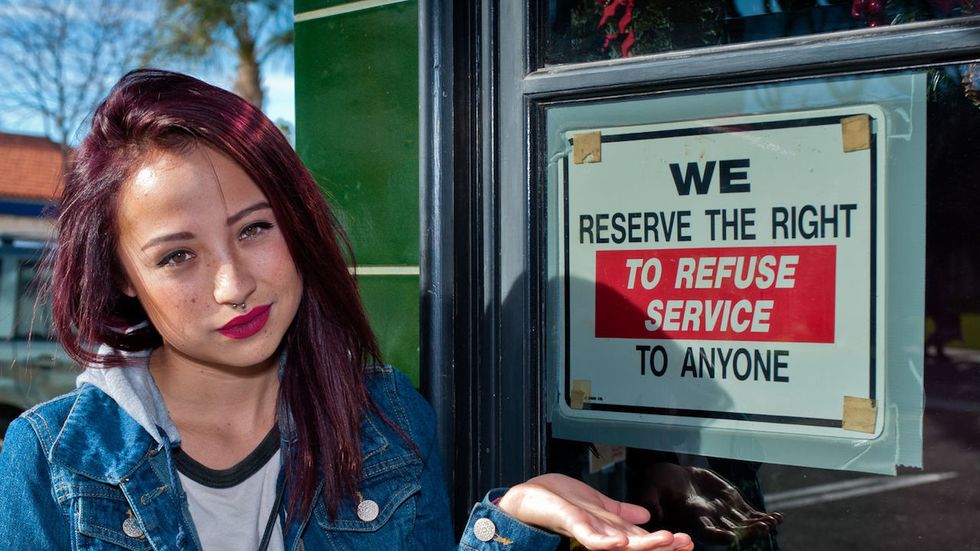The beauty of technology and the adoption of social media into our daily lives means that we can be heard even when our real voices seem small. If you're passionate about an issue, you can tweet your support. If you're excited about an event, you can share a post. Even if it's only one other stranger, your words are heard by somebody.
However, just as much as people's positive thoughts and life works can be found online, so can different forms of ignorance.
Opinions are rampant on the Internet. And, the additional ability to post without evidence, context, or reason encourages the free-flow of opinions even further. The same opinions can be milestones in human social history or can be hateful vitriol against a group of people. What has sprung up, rather strongly, from this divide are the terms "PC" and "cancel" culture.
PC (politically correct) infers language that is generally accepted by society as appropriate surrounding issues of controversy or even just everyday life. Cancel culture has developed through social media as a means to "cancel" a person, for example, a socially-prominent online celebrity, for their ignorance.
Now, I'm not saying that people shouldn't be held accountable for their actions (they should), but I can understand how someone, as a critically-thinking member of society, can feel stuck between a rock and a hard place because they're not sure if someone has gone too far to be remedied, or if their ignorance can be addressed.
When it comes to PC culture, people wrongly assume that just by tutting the words, "Oh, you're just trying to censor me with your PC language," that they have revolutionized the conversation by contributing their controversial opinion. Someone defending their culture when they feel they are being cornered and someone expressing their frustration at another person refusing to acknowledge their pronouns aren't fighting against freedom of expression but defending their right to live safely and securely. That so-called "PC" terminology should be protected and respected.
In the same way, simply "canceling" someone because they behaved in a way that was ignorant, negates the idea that there's room to grow. Again, people who acted harmfully towards a person or participated in a hate group aren't given a free pass because they hurt someone. For example, we don't provide the benefit of the doubt for someone who has committed assault. However, where there is minor ignorance or lack of understanding, there is a space where one can learn and become a more dynamic person.
Just tossing out the terms "PC" and "canceled" does nothing to actually address the communication issues that we have between differently-minded individuals on the Internet or in real life. Actually sitting down and educating each other, while recognizing our own shortcomings does more for our society as a whole in the long run.
















